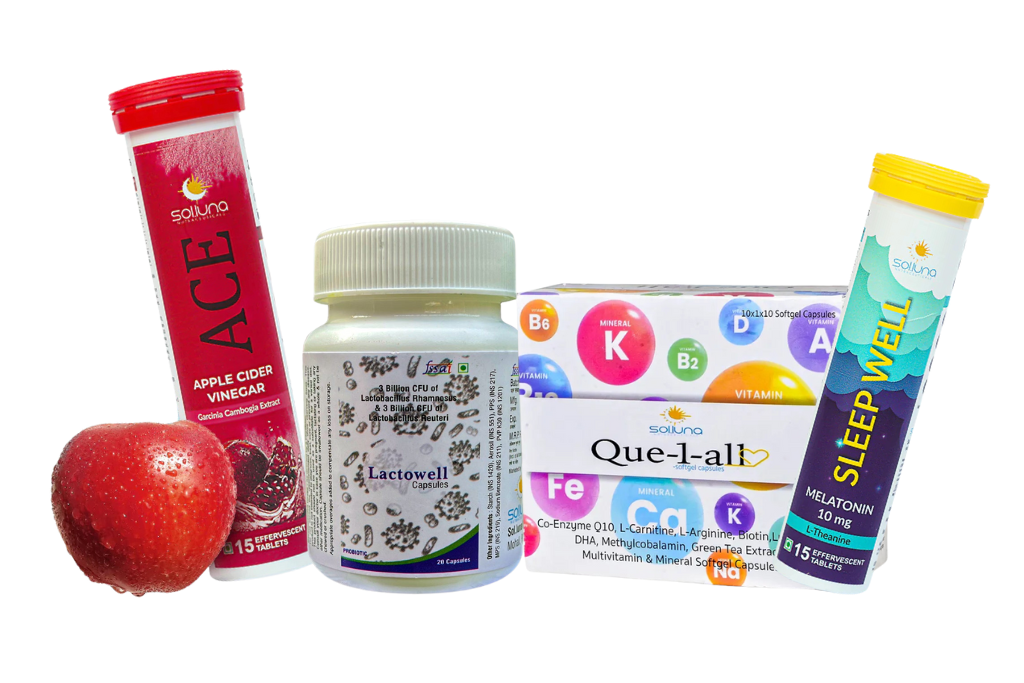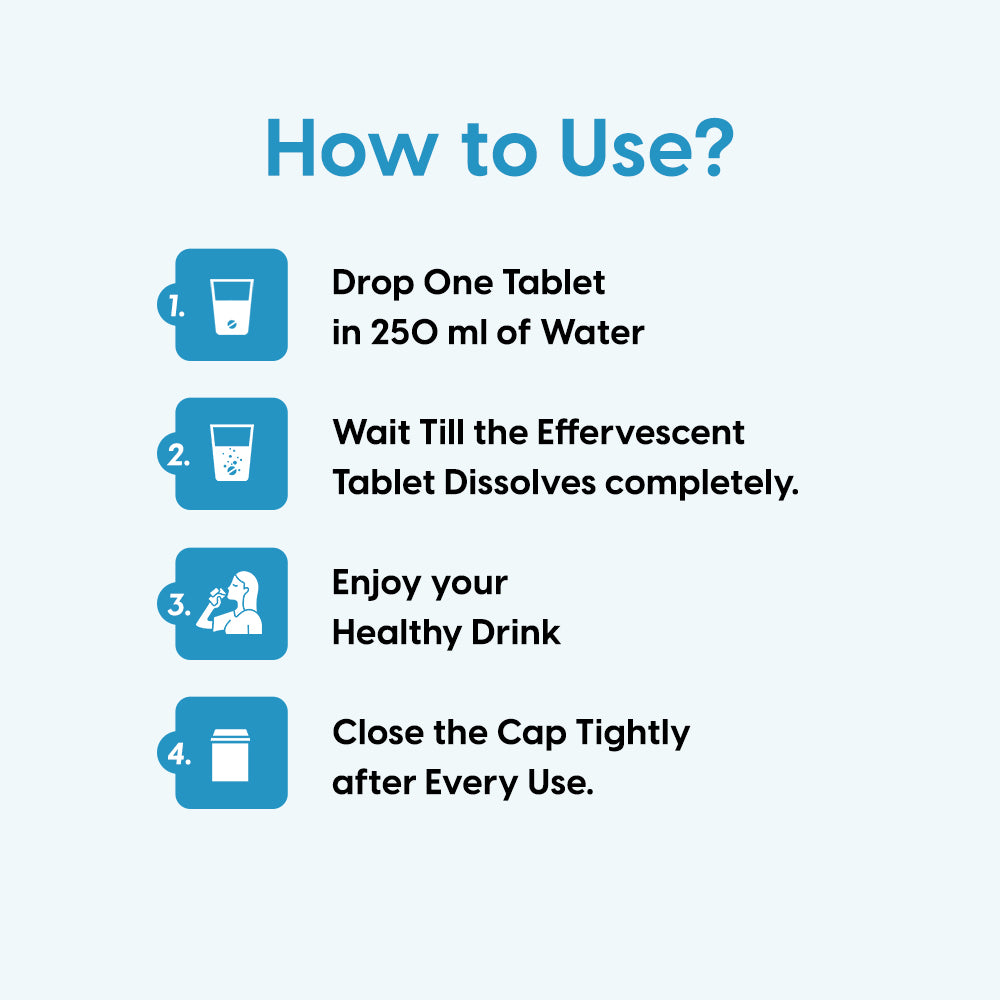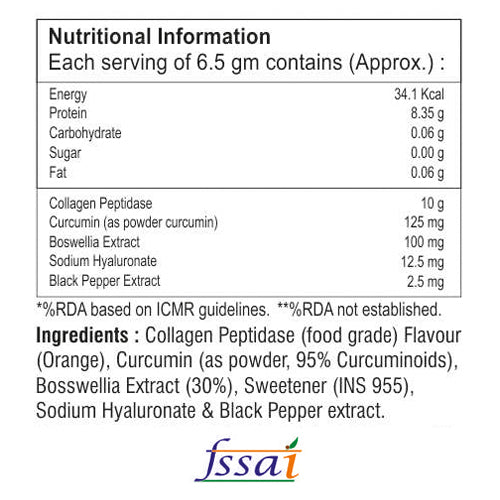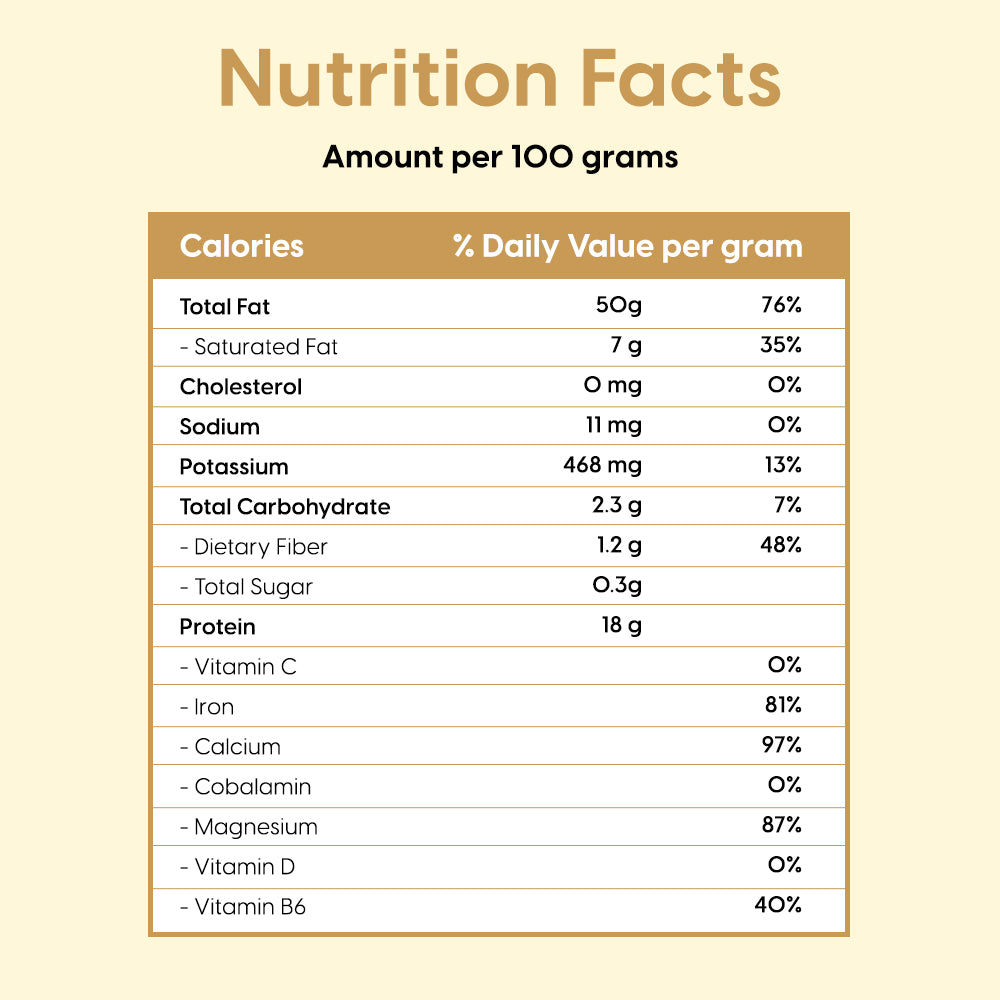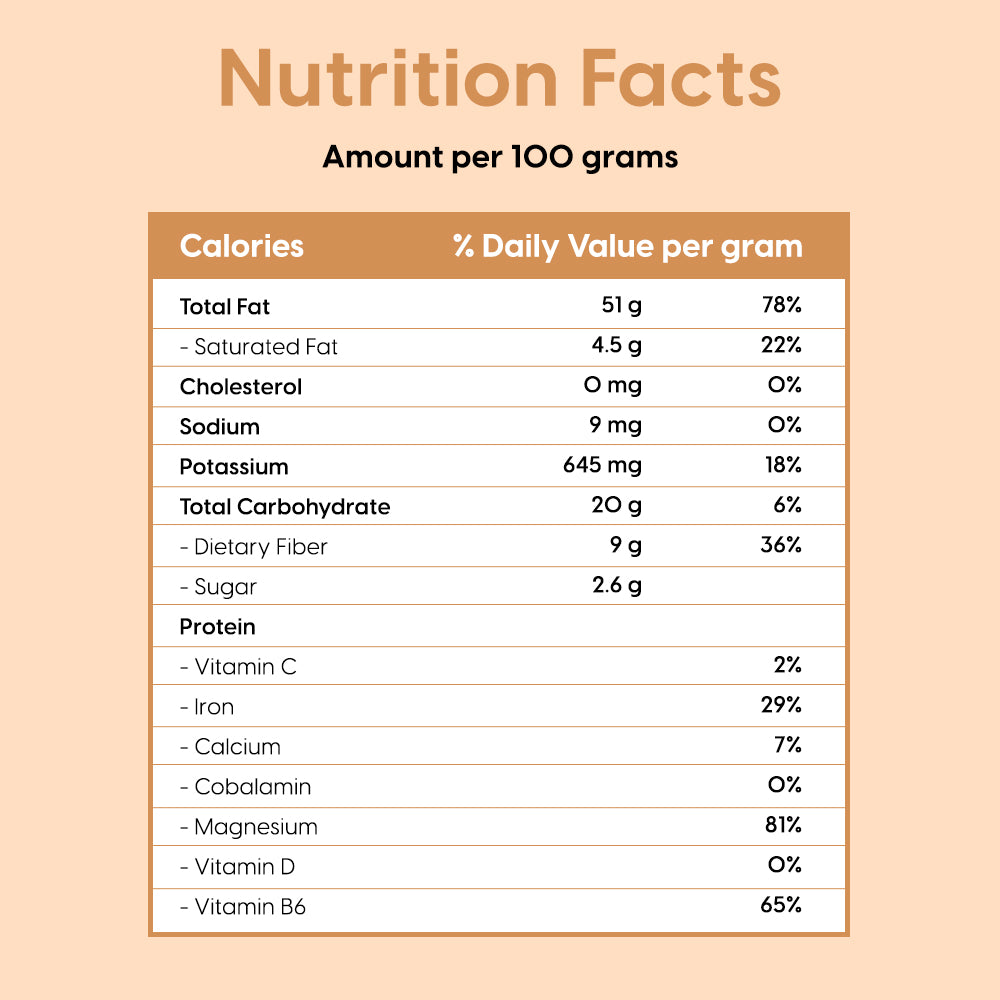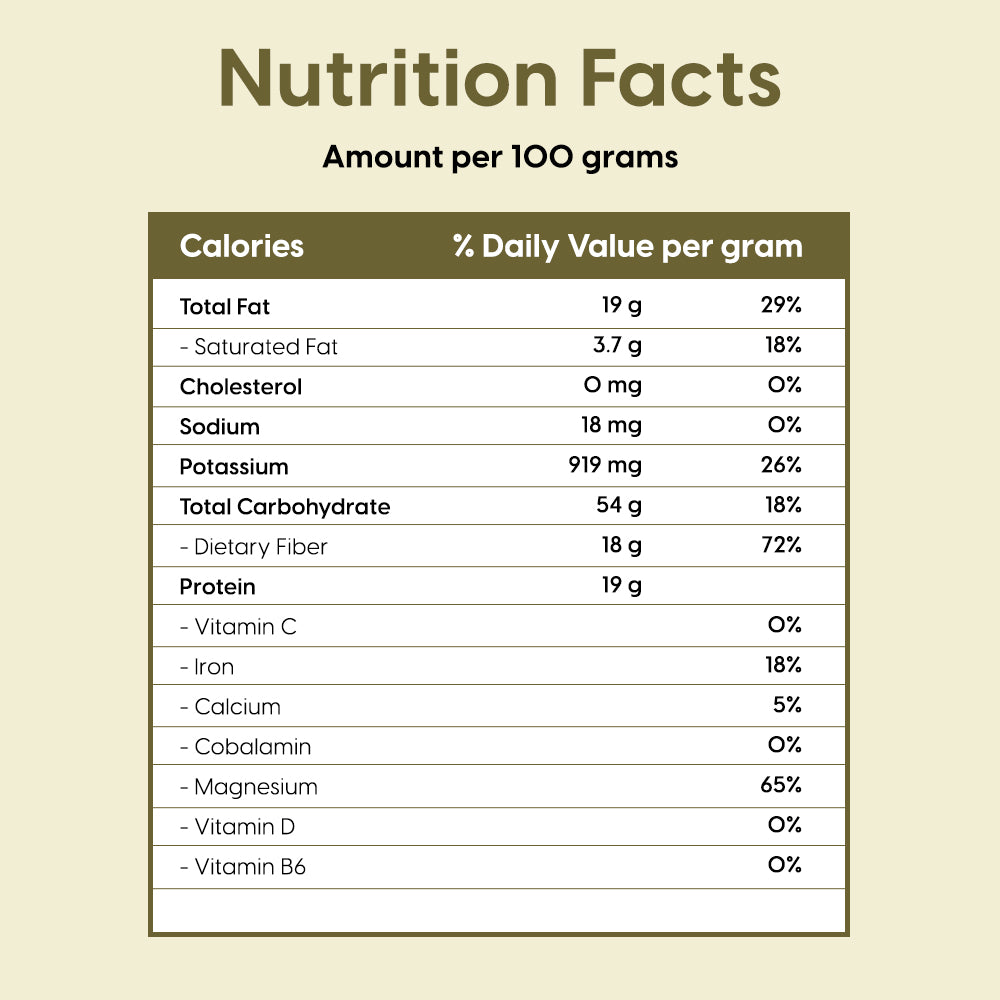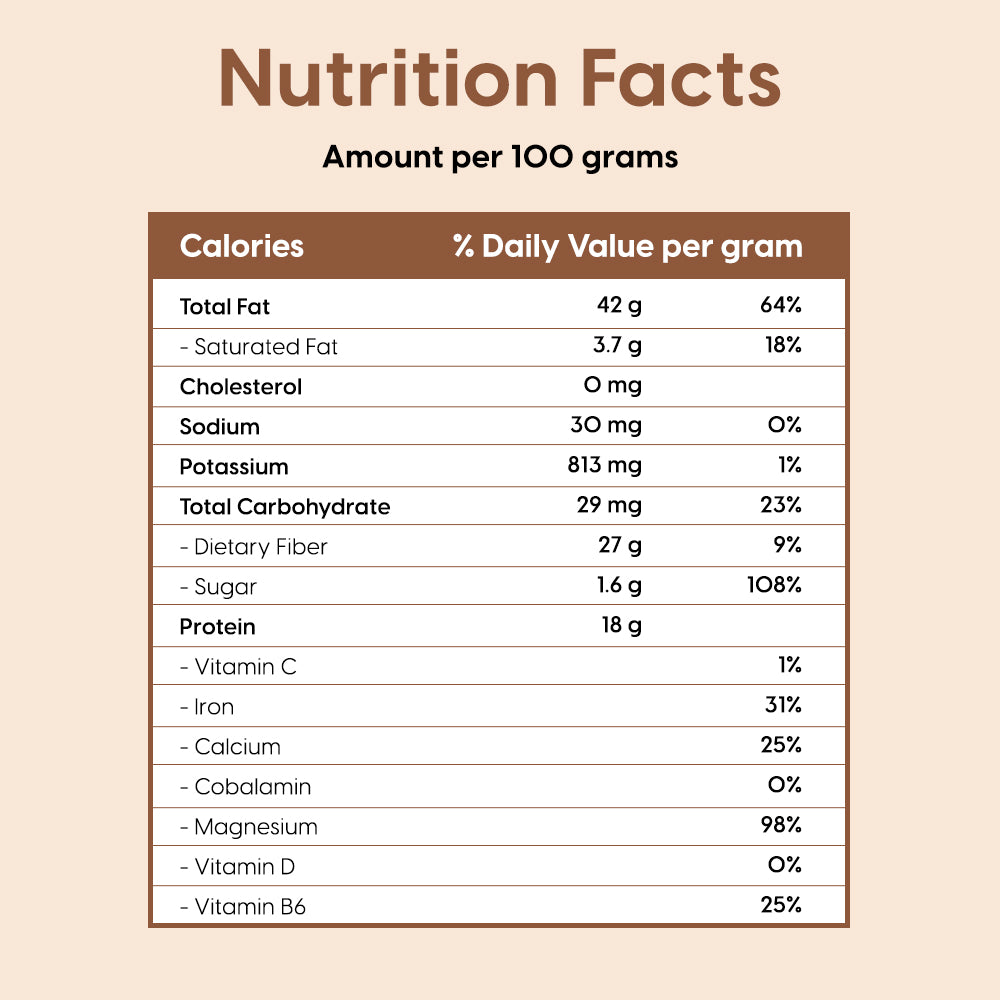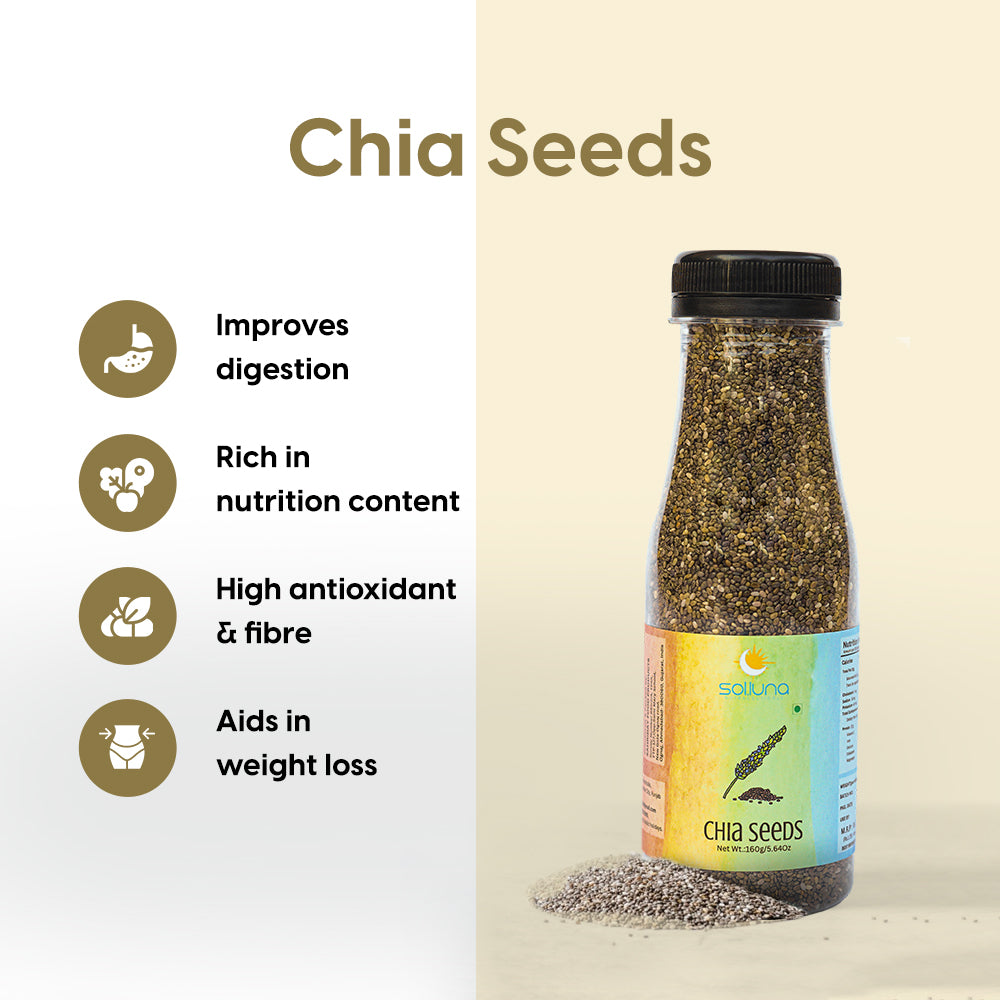
Vitamin D, Everything you need to know about it.

Vitamin D, often referred to as the “sunshine vitamin,” is a vital nutrient that plays a crucial role in maintaining overall health and well-being. Unlike other vitamins, vitamin D functions more like a hormone, as the body can produce it when the skin is exposed to sunlight. In this comprehensive guide, we will delve into everything you need to know about vitamin D, including its sources, functions, benefits, deficiency risks, and how to ensure adequate levels for optimal health.
Sources of Vitamin D
Vitamin D can be obtained through two primary sources: sunlight and dietary intake. When the skin is exposed to direct sunlight, it triggers the synthesis of vitamin D. Foods rich in vitamin D include fatty fish (salmon, mackerel, and tuna), fortified dairy products, egg yolks, and certain mushrooms.
Functions of Vitamin D
Vitamin D plays a fundamental role in numerous bodily functions, making it an essential nutrient for overall health. Its key functions include:
- Calcium Absorption: Vitamin D aids in the absorption of calcium from the intestines, supporting bone health and preventing conditions like osteoporosis.
- Bone Health: It helps regulate calcium and phosphate levels in the blood, critical for maintaining strong and healthy bones.
- Immune System Support: Vitamin D is involved in the functioning of the immune system, helping to defend the body against infections and diseases.
- Muscle Function: Adequate levels of vitamin D are linked to improved muscle strength and function, reducing the risk of falls and fractures in older adults.
- Cell Growth and Regulation: Vitamin D may play a role in controlling cell growth and differentiation, potentially affecting cancer development and other chronic diseases.
Benefits of Vitamin D
Maintaining sufficient vitamin D levels offers a wide range of benefits:
- Reduced Risk of Osteoporosis: Adequate vitamin D intake is crucial for preventing bone loss and maintaining bone density, reducing the risk of fractures.
- Immune System Boost: Vitamin D supports immune function, helping the body fend off infections and viruses.
- Mood and Mental Health: Some studies suggest a link between vitamin D and mood regulation, with adequate levels potentially improving mental well-being.
- Cardiovascular Health: Vitamin D may play a role in reducing the risk of heart disease by supporting healthy blood pressure and cholesterol levels.
Vitamin D Deficiency
Vitamin D deficiency is a prevalent health concern, particularly in regions with limited sunlight exposure or in populations with dietary restrictions. Symptoms of deficiency may include:
- Fatigue and Weakness: Low vitamin D levels can lead to feelings of fatigue and weakness.
- Bone Pain and Muscle Aches: Deficiency may result in bone and muscle pain, leading to conditions like osteomalacia.
- Increased Susceptibility to Infections: Insufficient vitamin D can weaken the immune system, making individuals more prone to infections.
- Mood Changes: Some research links vitamin D deficiency to mood disorders like depression and anxiety
How to Ensure Adequate Vitamin D Levels
To maintain sufficient vitamin D levels:
- Get Sun Exposure: Spending some time outdoors in direct sunlight can stimulate the production of vitamin D in the skin. However, sunscreen, clothing, and geographic location can impact the amount of vitamin D produced.
- Dietary Intake: : Include vitamin D-rich foods in your diet, such as fatty fish, fortified dairy products, and egg yolks
- Supplements: In cases of deficiency or inadequate sun exposure, vitamin D supplements may be recommended by healthcare professionals.
Conclusion
Vitamin D is a crucial nutrient that plays a significant role in various bodily functions, including bone health, immune support, and more. Understanding its sources, functions, benefits, and the risks of deficiency is essential for maintaining overall well-being. Whether through sunlight exposure, dietary intake, or supplements, ensuring adequate vitamin D levels can contribute to a healthier and happier life. As with any nutritional concerns, consult with a healthcare professional to determine the best approach for your individual needs.
Tags :
Vitamin D





